I find it funny how I have a lot to say on this topic with even the slightest amount of provocation, but when I decide I want to sit down and write about it I get overwhelmed and have no idea where to start. I think it is because diversity on the outdoors is such a multi-faceted topic. Then add in the debate about to stay indoors versus recreate outdoors with the COVID-19 pandemic, and I feel like I am looking into a bucket of worms. Not a can...a big, giant, pig-slop-sized bucket. My goal is to maybe help you look at diversity in a way that can help you understand the buzz-worthy barriers to helping others recreate safely and ethically outdoors.
With the influx (or is it outflux?) of people recreating outside with shelter-in-place orders, there is a new group of recreators that are truly experiencing the outdoors for the first time. We know this because the forums are on fire with complaints of “Karens” and local authorities are pleading with the public to stop destroying our public lands and open spaces. It is our responsibility as outdoor advocates to help promote outdoor ethics in an effective and caring way. In order to do this, we have to understand a lot more about the new people outdoors recreating in these unprecedented times.
"It is our responsibility as outdoor advocates to help promote outdoor ethics in an effective and caring way. In order to do this, we have to understand a lot more about the new people outdoors recreating in these unprecedented times."
I’ll start by talking a bit about what diversity means to me in this context. I think we are all so used to hearing the word “diversity” and automatically think that mean reaching out to more women, ethnicities that aren’t white, or people in the LGBTQIA community. And yeah, that is definitely one of the ways to look at diversity. We, as humans (at least until this isolation morphs us into some alternate version of ourselves), have a natural tendency to be drawn to people that look like us. But that’s a lot more than a set of basic demographics. I am surprised how often I come across MASSIVE organizations that overlook newbie adults. Guess what? Not everyone grew up with a family that hiked together. So these “common sense” principles that many of us grew up just knowing are not innate to some of these adult learners. Like who yields to whom on a trail and what that looks like.
Other kinds of diversity I see that are overlooked include marital or family status. It seems like every single place wants to entertain families and capture the attention of children. Come on, kids are freaking adorable and we all know they REALLY run the house. Now I can say this as someone without kids…it is really awkward being the lone adult in a family setting hoping to learn a new skill. But how many singles or adults-only outdoor programs so you see out there? Not many!
Then we get into financial barriers. No money, more problems, right? This one gets covered a lot by some great folks who want to reduce the financial burdens on low income families. AND IT IS FANTASTIC! But you know who else has these barriers? The stereotypical American family with middle-class income, 3 kids, a mortgage, student loan debts, little league costs, and a minivan lease. These are people who are willing to invest in family activities, but can’t truly afford the start up costs for a new activity. For instance, in Colorado, it will cost over $120 for a family of four to try fishing one time at a State Park. We assume that, because we see “success” on the outside, that these folks don’t have barriers to outdoor recreation.
I can keep going on, citing issues like level of education, language barriers, lack of knowledge on where to go or how to dress, unavailability of classes “beyond 101” to build independent skills, level of fitness, and so on. But I think you are getting the point by now. We can be more effective and compassionate when we understand the barriers others have faced to outdoor recreation and determine how we can help them be stewards of our resources.
So what I want to do is share my top 6 tips to challenge yourself to think outside of your perspective and help to break down barriers to the outdoors for others.
1. Use nature as your authority.
Or as my park ranger self would call it, “Authority of the Resource.” It’s a thing you can look up if you don’t believe me. Instead of hollering at someone or saying that sarcastic and snide remark in passing, we can influence others behavior by enlightening them using the resource we are enjoying in that moment. For instance, if you see a group of people picking all the wildflowers, you could validate how pretty the flowers are and let them know that hundreds of people visit that trail a weekend. If everyone took the flowers, there wouldn’t be enough for them to enjoy and that would suck. Then offer to take a family photo of them by the flowers for a killer cover photo. Sounds silly, but it works like a charm.
2. Assume positive intent.
Now this REALLY sounds silly, but if you change your perspective from “those *BLEEPS* harassing that poor deer for a selfie are don’t care about nature,” you’re tone and willingness to positively impact improve greatly. Assume others are intending to be positive in their actions. In the above example, this could be assuming this group intends to have a positive moment and wants to share their excitement about seeing something they found beautiful in nature. See? Makes it harder to be mean to them and create a bad experience for everyone involved.
3. Be the change you want to see.
As simple as it sounds, people forget about this all the freaking time. Like with litter. WE HATE LITTER! And when I see someone litter or leave a “doggie bag” on the side of the trail, I want to go all “Nightmare on Elm Street” on the involved parties. But then what happens? We get involved in the frustration and allow these outside circumstances to taint our moment in nature. And then walk past the trash because, well, it’s only microtrash and I pick up litter all the time and if I start to pick up trash now then I’ll never finish my hike in time for lunch. I know I am guilty of it. And we can’t correct every issue we see in nature. But what we can do is take some time to stop and show these actions when we see others as a means of social accountability.
4. Be nice!
Some people just look so miserable to be outside. Well, maybe if you are on a grueling trail run or have been biking up a hill for longer than two seconds it’s okay. Otherwise, it is so easy to smile and say “good morning” or “beautiful day, huh?” It makes you approachable and enhances the experience for everyone.
5. Realize it costs you nothing!
Smiling, taking ten seconds to educate someone, giving directions…this is a minimal amount of time and costs you nothing to do. When I started framing my interactions this way, it broke down a barrier for me to share my knowledge, passion, and experience. Pretty much every time I recreate outside, I come across someone that I am able to refer to a beginner activity group, cool local event, or organization. Being helpful and polite opens the door up for these folks to ask more questions, build credibility and rapport, and influences their behavior. As an avid outdoorist and in my years as a park ranger, I have time thousands of interactions and it only takes about 11 seconds to have these positive conversations and lay a path for positive change.
6. Get to know what’s going on locally.
Being armed with the knowledge of popular outdoor events, Leave No Trace classes, or awesome community organizations, groups, or even social media group and resources helps you eliminate barriers for some of these folks new to recreating outdoors. You help them to find ways to overcome their barriers while getting karma points of your own.
Next time you are enjoying all that nature has to offer, take a moment to consciously think about your impact and how you can help be an advocate for nature and your sport. Take the extra 11 seconds to be an outdoors influencer. Frame everything as positive intent in your initial interactions. Be involved in your community. And Just be nice because dang, we have so much negativity going on in our world. Now get out there, stay safe, and break down some barriers!
Written by Kasey. For more information, visit KaseyCoAthletics.com or follow @KaseyCoAthletics.


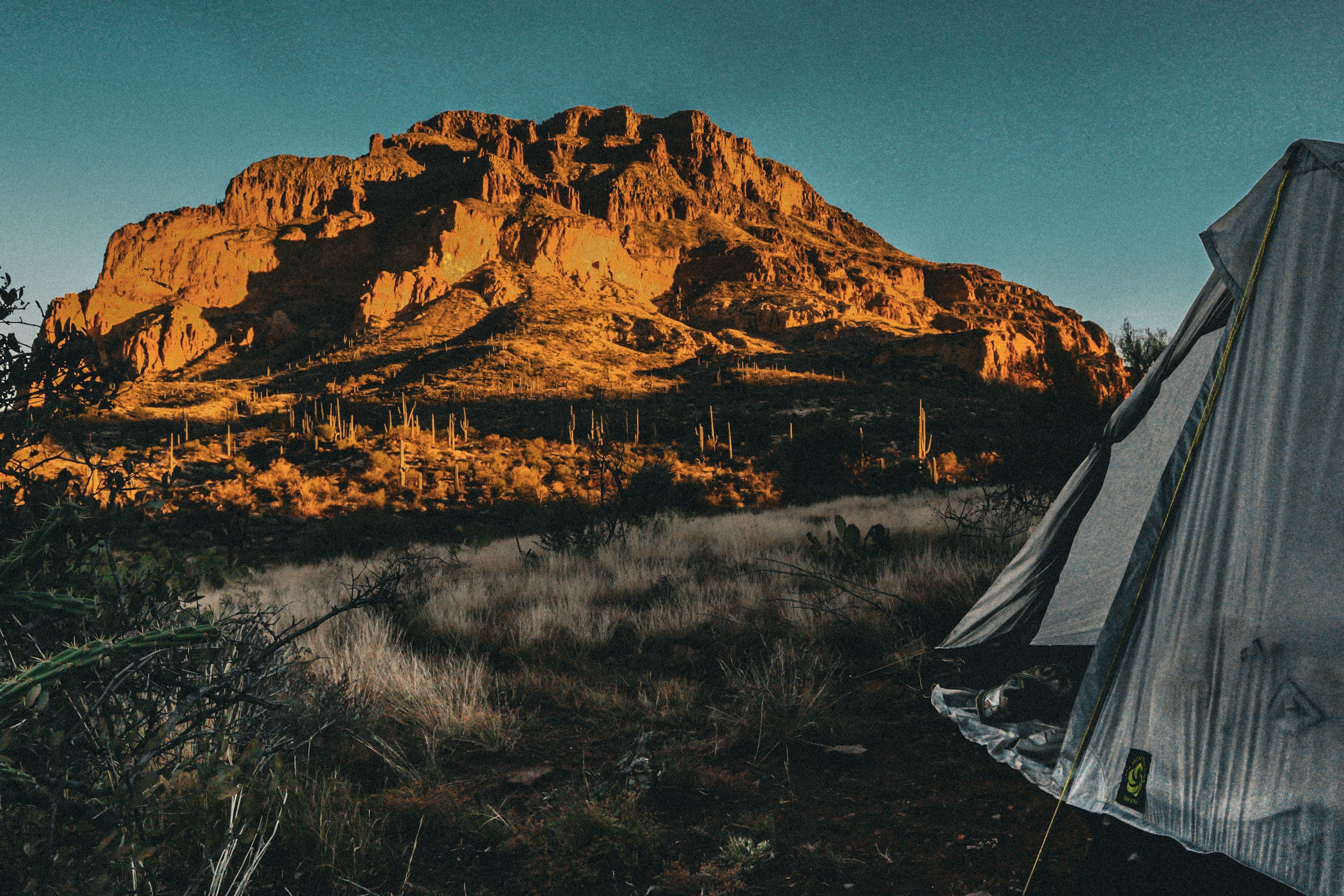
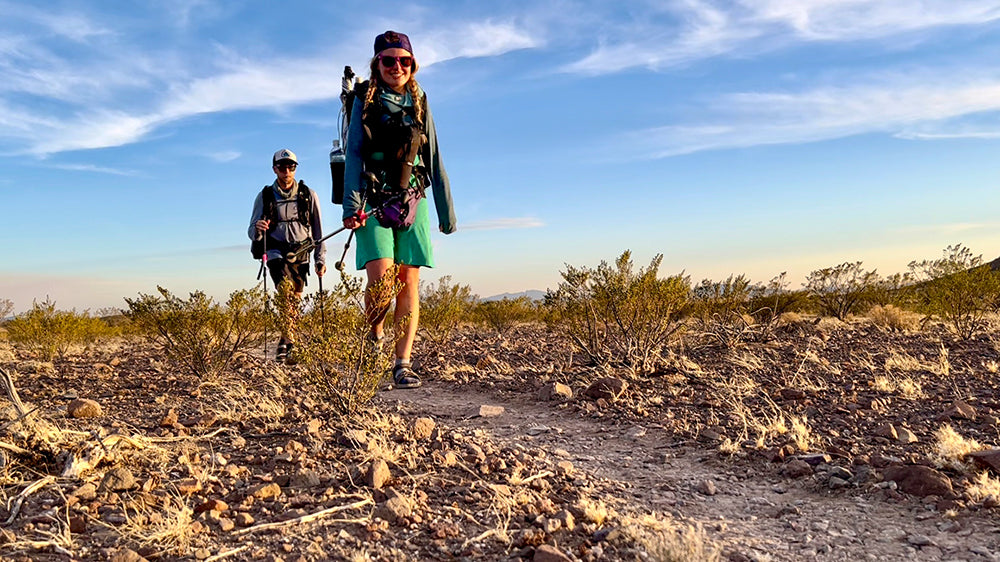
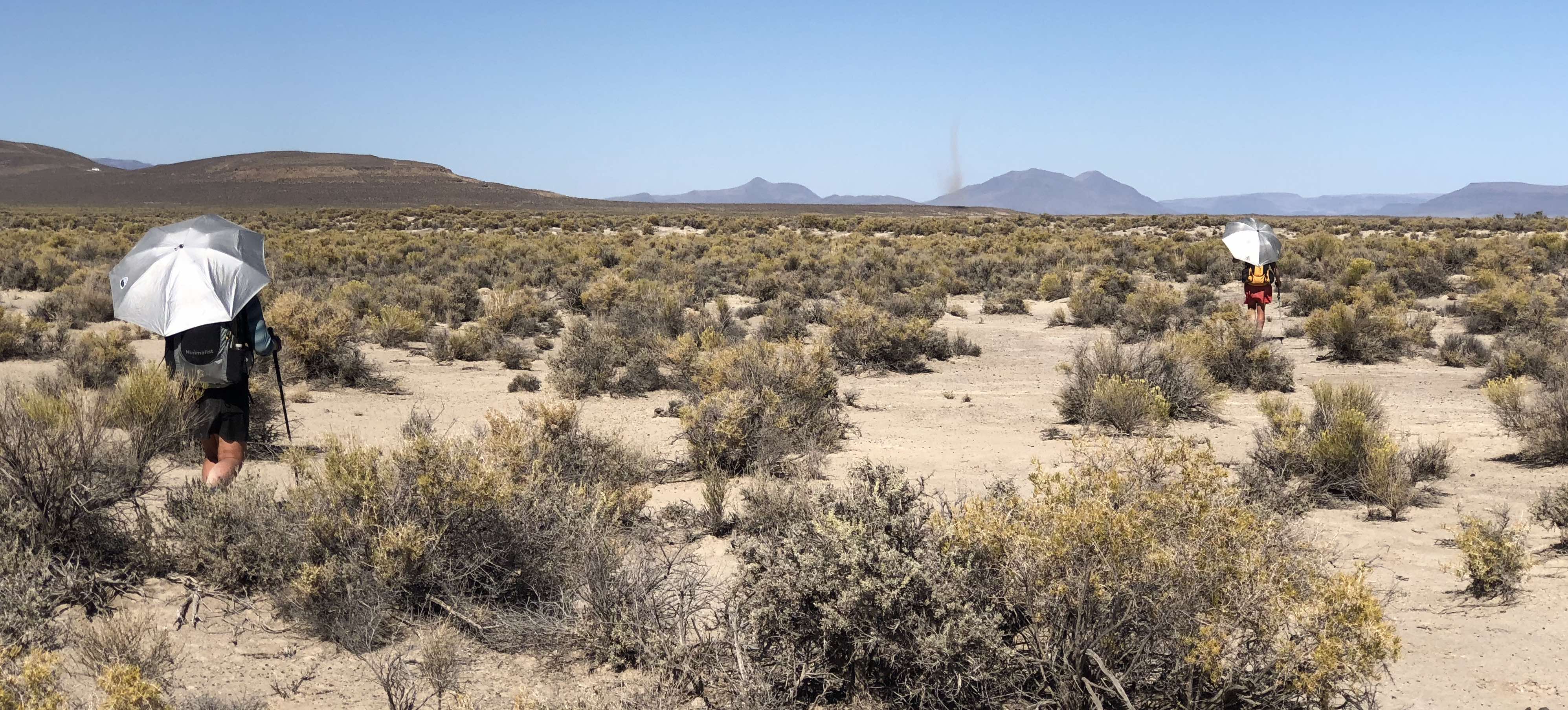
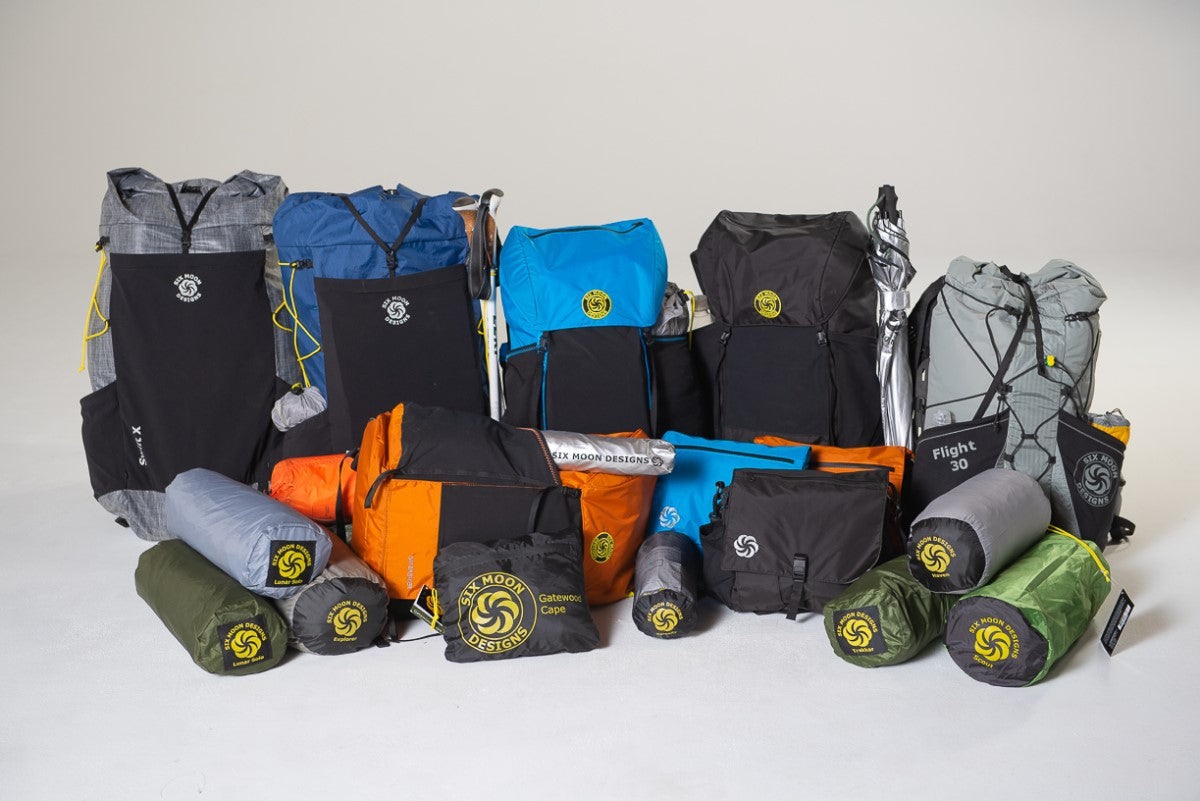
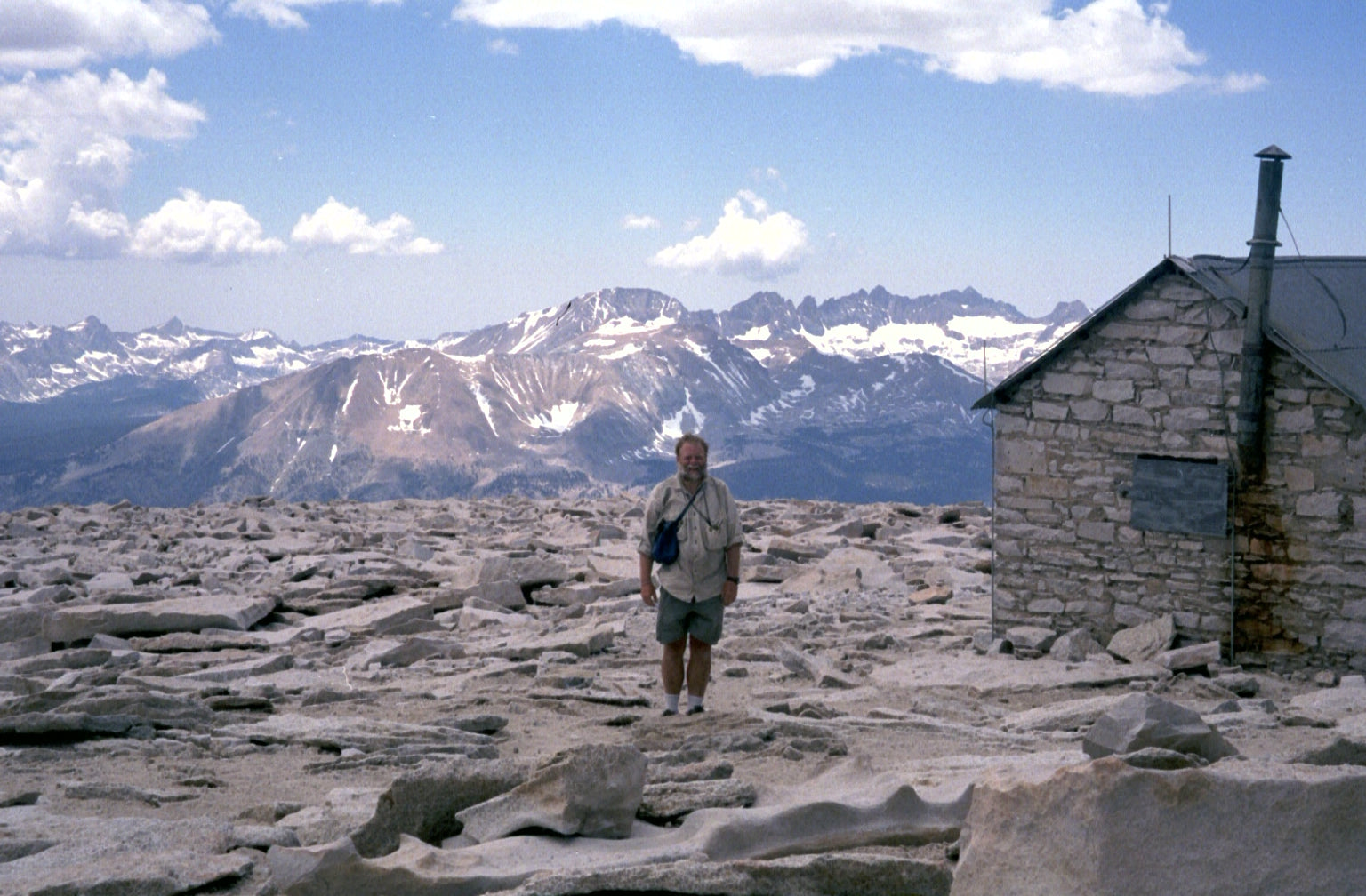

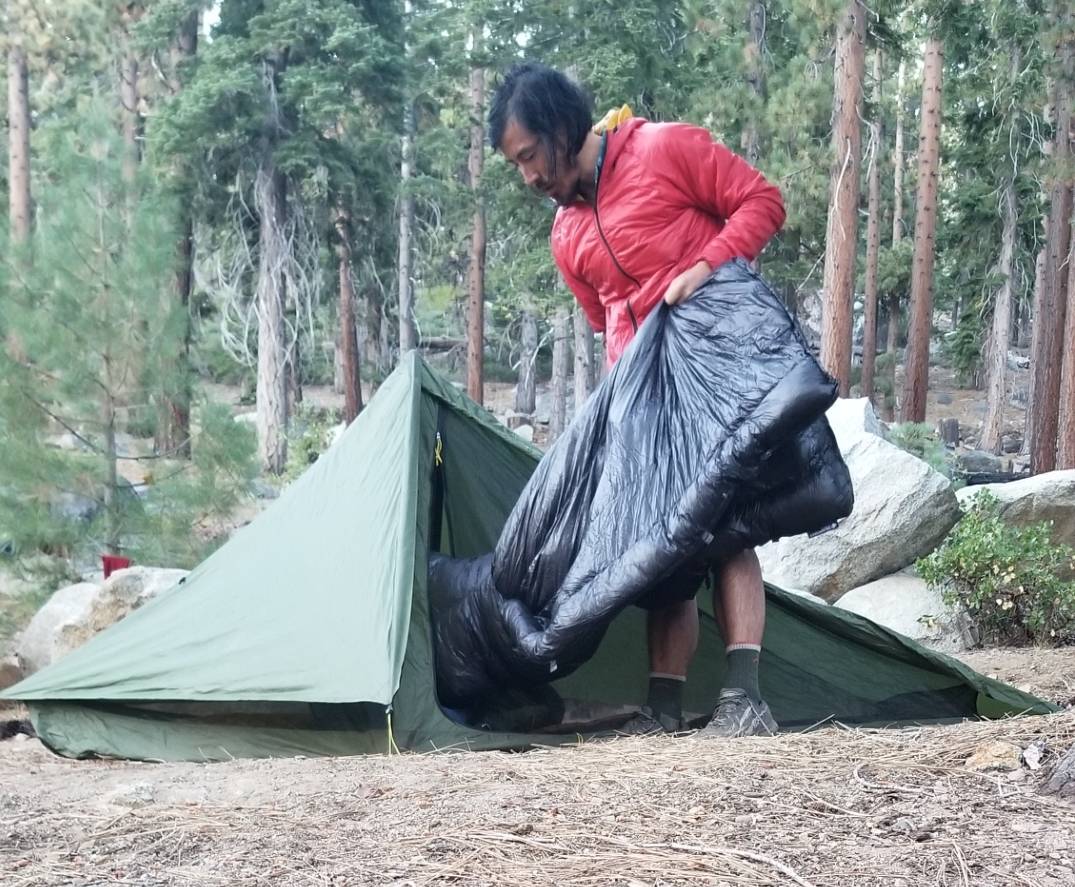
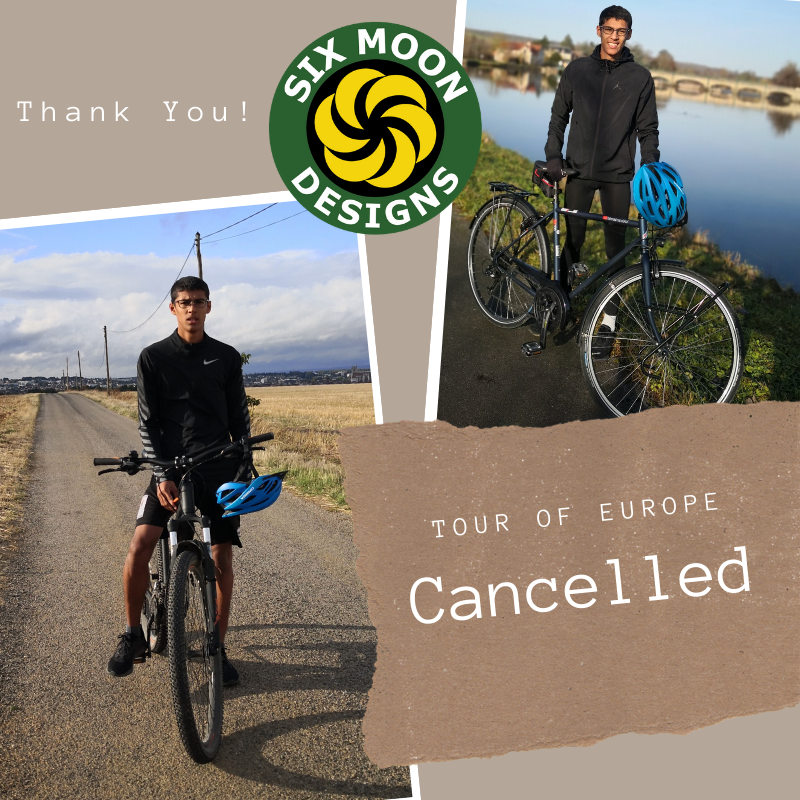
Leave a comment
This site is protected by reCAPTCHA and the Google Privacy Policy and Terms of Service apply.